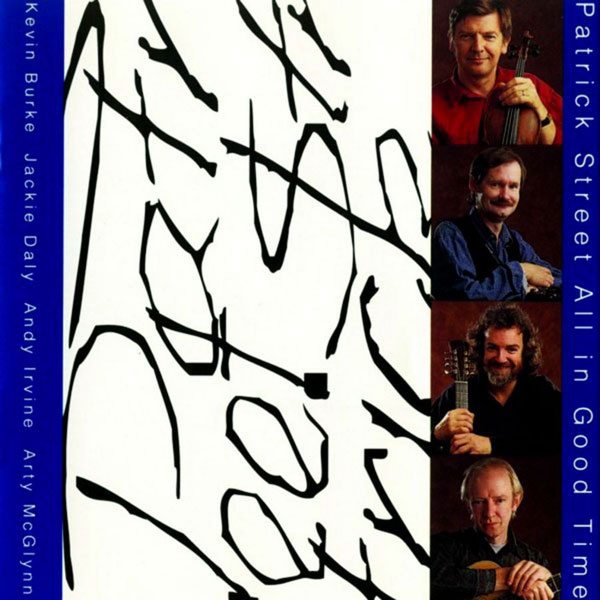

 |


|


|
| more images |
Sleeve Notes
A Prince Among Men (Only A Miner) — I heard a song way back in the 50's on an album of Aunt Molly Jackson, the feisty, sharp-shooting midwife and Union organiser from the coal mining area of Harlan County, Kentucky. The song itself didn't strike me as special, but I wrote this song around the chorus. I think it explains itself.
The Pride of the Springfield Road — Learned from Maurice Leyden up in Belfast. According to Maurice. Springfield was the last cotton spinning mill in Ireland when it closed in 1919. This cheerful, hopeful song reflects the general industrial growth of the mid 19th century. Doffing, by the way it was a term used in the spinning room for removing the full bobbins as the yarn was spun on to them and replacing them with the empty. This and other fine songs can be found in Maurice's Book "Belfast: City Of Song".
Lawrence Common — The basis of this tune came to me while walking on the Common in Lawrence, MA. A piece of park land forever associated with the struggle and victory of the striking cotton mill workers in 1912 in spite of the fact that the only monument on it commemorates the other side.
Goodbye Monday Blues — Si Kahn is from North Carolina, an area with a long history of textile mills, he tells me he wrote this song alter reading a newspaper clipping about a millhand who had been a prize worker in his day but now, old and burnt out with "brownlung" found himself tossed onto the discard pile.
The Girls Along The Road — Another song learned from Maurice Leyden. Maurice was famous for this one a few years ago when he used to play and lour with Conan McGrath. He collected this version from Willy Nicholl in Cullybackey, Co. Antrim, but it seems to have been popular in other parts of Ireland 50 years ago as well.
Carrowclare — A song written sometime in about 1870 by the blind fiddler from Myroe Co. Derry — James McCurry, who was also responsible for “The Coleraine Regatta' and. if my memory serves me right. "The Flower Of Sweet Strabane." The original song ended at verse eight, but Eddie Butcher wasn't all that keen on unhappy endings and added the last four verses. I heard this song sung by his nephew, Robert Butcher Jr. According to Sam Henry who collected the song for his newspaper column in 1927. the young mans name was Moore and the young lady's Peoples.
Andy Irvine